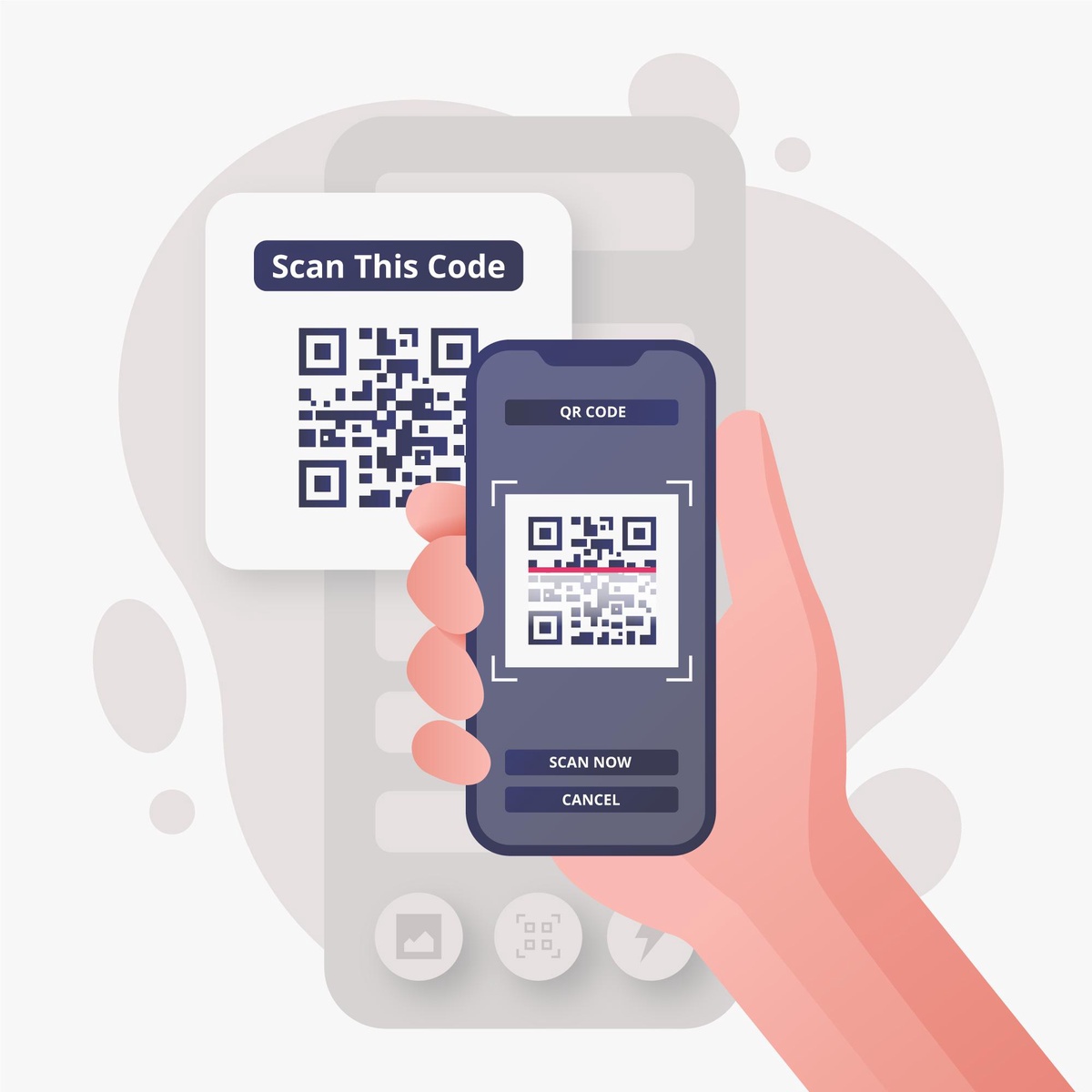In today's digitally-driven world, QR codes have become an integral part of our daily lives. These two-dimensional barcodes are everywhere – on product labels, advertisements, event tickets, and even restaurant menus. QR codes offer a convenient way to access information or perform actions with just a quick scan using your smartphone. In this comprehensive guide, we'll explore QR code scanners, how they work, and their various applications in our modern world.
Understanding QR Codes
QR stands for Quick Response, and these codes were initially developed in Japan by Denso Wave, a subsidiary of Toyota, in 1994. QR codes are designed to store data both horizontally and vertically, allowing them to store significantly more information than traditional barcodes. They can contain various types of data, such as text, URLs, contact information, or even Wi-Fi network credentials.
A QR code consists of black squares arranged on a white square grid, typically in a square pattern. The arrangement of these squares encodes information, and when you scan the code with a QR code scanner, your device interprets this information and takes appropriate action.
QR Code Scanners: How They Work
QR code scanners are applications or features built into smartphones and other devices that use your device's camera to capture QR codes. When you open a QR code scanner and point your camera at a QR code, the scanner captures the code and processes it to extract the encoded data.
Here's how the process typically works:
-
Scanning: Open your QR code scanner app on your smartphone or device.
-
Capture: Point your device's camera at the QR code you want to scan. Ensure that the entire code is within the camera frame.
-
Processing: The scanner app recognizes the QR code, extracts the data, and interprets it.
-
Action: Based on the type of data stored in the code, the app performs an action. For example, if it's a URL, your device will open the web page. If it's contact information, it might save it to your contacts.
QR code scanning is incredibly fast and convenient, making it a versatile tool in various scenarios.
Practical Applications of QR Codes
QR codes have found extensive applications across different industries and for various purposes:
1. Marketing and Advertising
-
Product Packaging: QR codes on product packaging can lead consumers to product information, reviews, or even instructional videos.
-
Printed Ads: Magazines, posters, and brochures often include QR codes that link to additional content or special offers.
2. Contactless Payments
Many mobile payment apps use QR codes to facilitate transactions, allowing you to pay for goods and services securely without physical cash or cards.
3. Event Management
QR codes on event tickets or invitations simplify entry management and can grant access to event-related information.
4. Navigation and Location Sharing
QR codes can store geographic coordinates, making it easy to share locations or get directions with a simple scan.
5. Wi-Fi Network Access
QR codes containing Wi-Fi network credentials allow easy and secure sharing of network access with guests.
6. Health and Safety
In the context of the COVID-19 pandemic, QR codes have been used for contactless menu access in restaurants and for contact tracing in public spaces.
7. Educational Resources
Educational institutions use QR codes in textbooks, assignments, and handouts to link students to additional online resources.
8. Inventory and Asset Management
QR codes are used in business for tracking inventory, equipment, and assets efficiently.
Choosing a QR Code Scanner
With countless QR code scanner apps available, choosing the right one for your needs can be challenging. Here are some factors to consider:
-
Compatibility: Ensure the app is compatible with your device's operating system (iOS, Android, etc.).
-
User-Friendliness: Look for apps with intuitive interfaces for a seamless scanning experience.
-
Additional Features: Some apps offer extra features like code generation, history tracking, and offline scanning.
-
Privacy and Security: Check the app's privacy policy to understand how your data is handled.
Conclusion
QR code scanners have revolutionized the way we interact with the digital world, offering a quick and convenient means of accessing information and performing actions. From marketing and payments to education and safety measures, QR codes have become an essential part of modern life. As technology continues to advance, we can expect even more innovative uses for QR codes in the future, further enhancing our digital experiences. So, the next time you encounter a QR code, don't hesitate to scan and explore the world of possibilities it opens up.


No comments yet